As Saudis engage with international tourists, they are acquiring skills and knowledge that will ripple through the economy. From environmental conservation to cultural heritage preservation, the tourism sector is becoming a breeding ground for expertise that could transform the country’s future. Yet this learning process is fraught with the risk of over-commercialization and the potential loss of traditional ways of life.
Sustainability is a concern shared by Noura Al-Saad, who works with a local NGO focused on environmental conservation. “We need to ensure that our tourism projects don’t harm the very environments that make them attractive,” she observed. “Sustainable tourism must be more than a buzzword; it needs to be at the heart of every decision we make.”
The Road Ahead
Tourism in Saudi Arabia is more than an economic strategy it’s a social one. By opening the Kingdom to tourists, the government is also opening the eyes of its citizens. The rise of domestic tourism is nurturing a new generation of entrepreneurs, from guesthouse owners in Asir to tour guides in the Empty Quarter.
These small businesses are not just boosting the local economy; they are preserving the very culture and traditions that make Saudi Arabia unique. Yet, as one tour guide from AlUla remarked, “We want to share our culture with the world, but we also need to protect it. It’s a fine line we’re walking.”
In the end, the impact of tourism on Saudi Arabia will be measured not just in riyals but in the enrichment of society as a whole. The long-overdue journey of discovery has begun—both for the world and for the Saudis themselves. The path ahead is promising, but not without its hurdles.
As Saudi Arabia navigates this new terrain, the focus must remain on sustainable and inclusive growth, ensuring that the benefits of tourism reach all corners of society without compromising its rich heritage.
The Long-Overdue Exploration
For decades, Saudi Arabia’s tourism narrative was dominated by religious pilgrimage. The millions who flock to Mecca and Medina annually have kept the Kingdom’s tourism industry afloat. But beyond the holy sites lay vast, untapped landscapes—places even many Saudis had only read about in textbooks.
The government’s energetic push to develop tourist destinations is as much an internal campaign as it is an external one. Saudis are being encouraged to explore the ancient Nabatean ruins at AlUla or the turquoise waters of the Red Sea.
As Ahmad Al-Khateeb, the Minister of Tourism, observed, “Our country is blessed with an incredibly rich culture and diverse natural landscapes. We are now giving Saudis and the world a chance to experience the beauty and history that have shaped our identity.” The message is clear: it’s time for Saudis to see Saudi Arabia.
While these developments are promising, they also highlight a long-standing neglect of the Kingdom’s natural and cultural resources. The rush to develop new tourist destinations raises questions about sustainability and the preservation of heritage. Is Saudi Arabia moving too quickly, risking damage to the very sites it seeks to promote?
Learning Through Tourism
The tourism boom is not just about filling hotels. It is forcing a shift in mindset. In a country where customer service was once an afterthought, new standards of hospitality are being introduced. The Red Sea Project, a luxury tourism development on Saudi Arabia’s western coast, is doing more than building resorts—it’s training Saudis in the art of international hospitality. As John Pagano, CEO of Red Sea Global, put it, “We are not just building resorts; we are building a future where Saudis are at the forefront of world-class service and sustainability.”
However, this rapid transformation brings challenges. The influx of international tourists requires a workforce equipped with skills and knowledge that are not yet widespread in Saudi Arabia. The push to develop a service-oriented economy may strain the country’s existing resources and cultural norms. Moreover, the environmental impact of large-scale projects like the Red Sea development cannot be ignored.
As Saudis engage with international tourists, they are acquiring skills and knowledge that will ripple through the economy. From environmental conservation to cultural heritage preservation, the tourism sector is becoming a breeding ground for expertise that could transform the country’s future. Yet this learning process is fraught with the risk of over-commercialization and the potential loss of traditional ways of life.
Sustainability is a concern shared by Noura Al-Saad, who works with a local NGO focused on environmental conservation. “We need to ensure that our tourism projects don’t harm the very environments that make them attractive,” she observed. “Sustainable tourism must be more than a buzzword; it needs to be at the heart of every decision we make.”
The Road Ahead
Tourism in Saudi Arabia is more than an economic strategy —it’s a social one. By opening the Kingdom to tourists, the government is also opening the eyes of its citizens. The rise of domestic tourism is nurturing a new generation of entrepreneurs, from guesthouse owners in Asir to tour guides in the Empty Quarter.
These small businesses are not just boosting the local economy; they are preserving the very culture and traditions that make Saudi Arabia unique. Yet, as one tour guide from AlUla remarked, “We want to share our culture with the world, but we also need to protect it. It’s a fine line we’re walking.”
In the end, the impact of tourism on Saudi Arabia will be measured not just in riyals but in the enrichment of society as a whole. The long-overdue journey of discovery has begun—both for the world and for the Saudis themselves. The path ahead is promising, but not without its hurdles.
As Saudi Arabia navigates this new terrain, the focus must remain on sustainable and inclusive growth, ensuring that the benefits of tourism reach all corners of society without compromising its rich heritage.
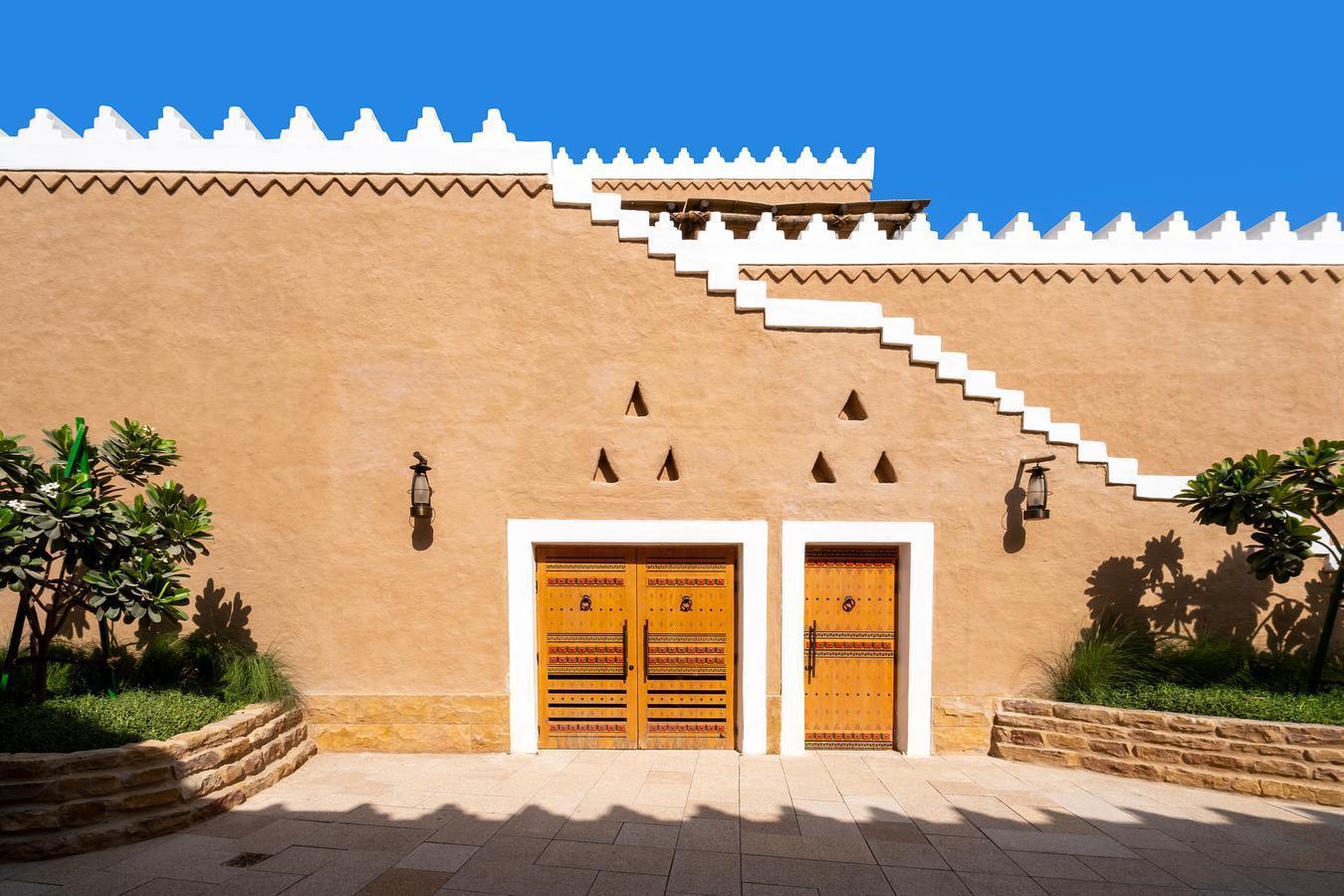
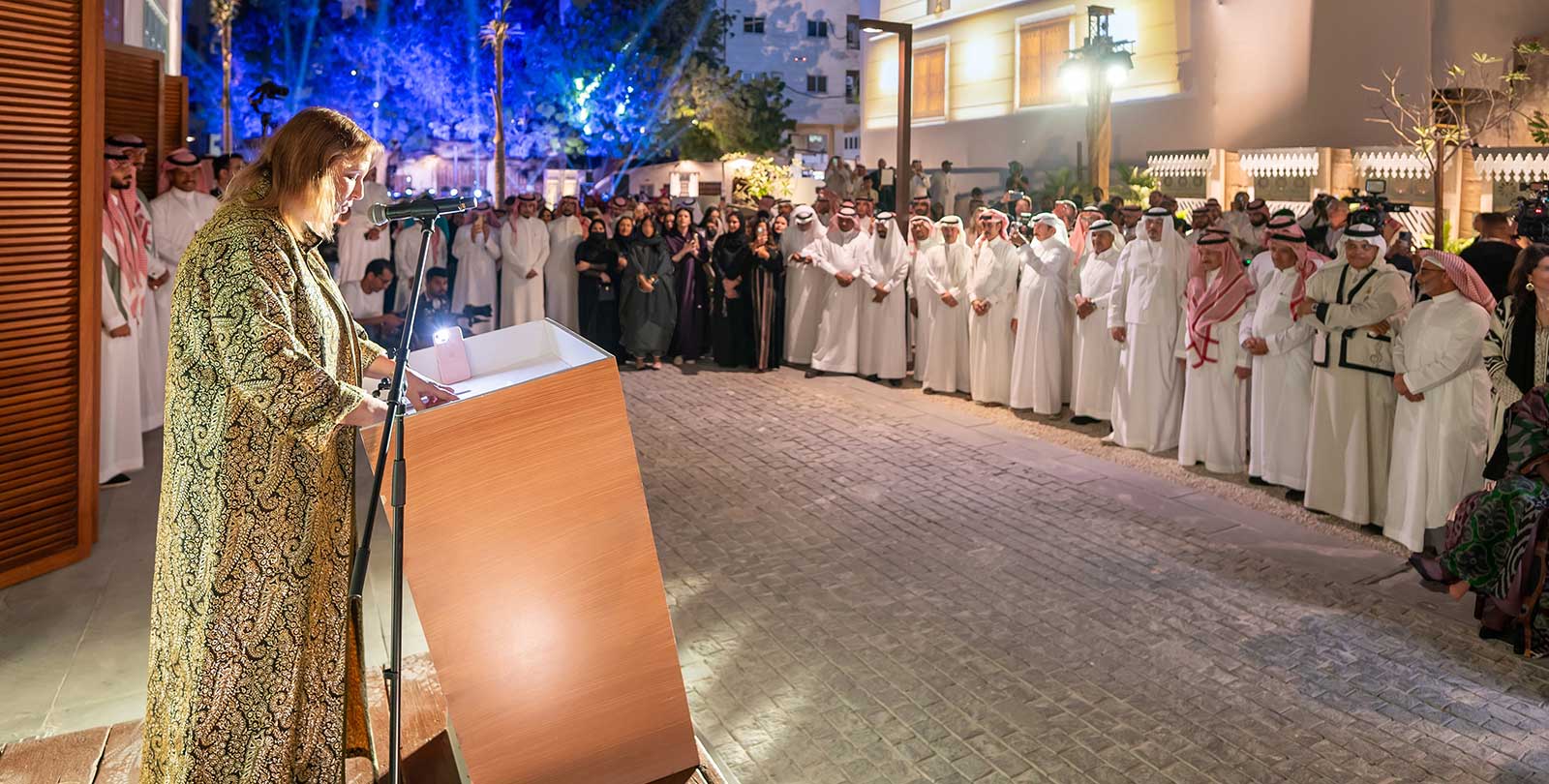


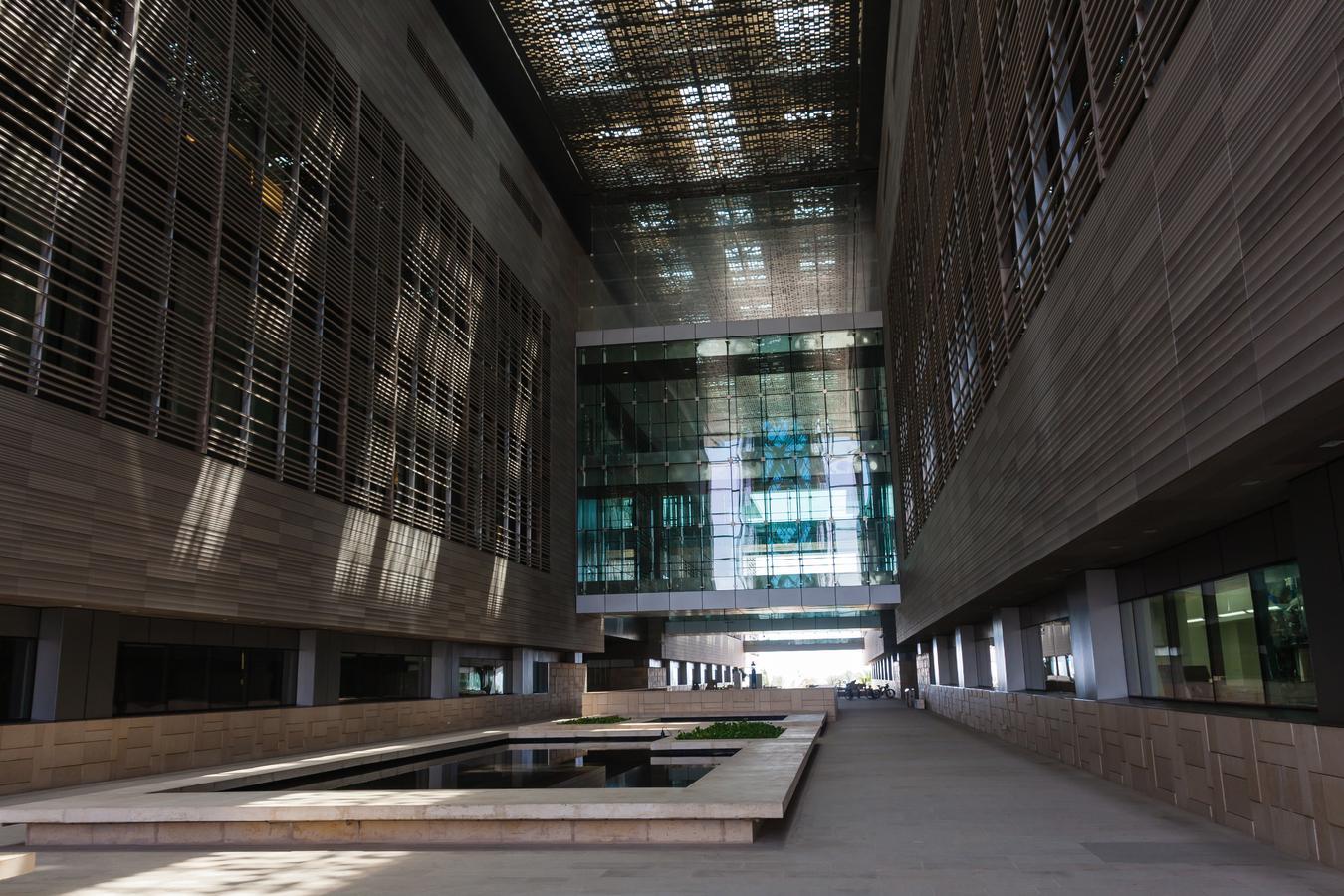

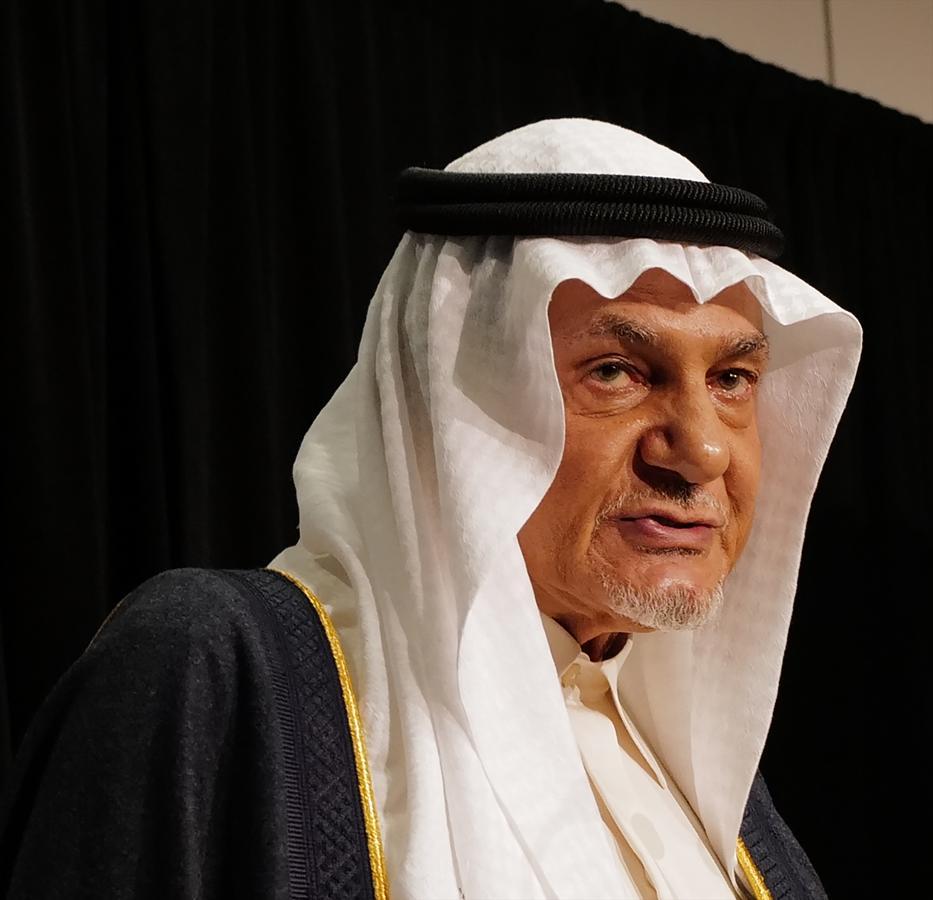
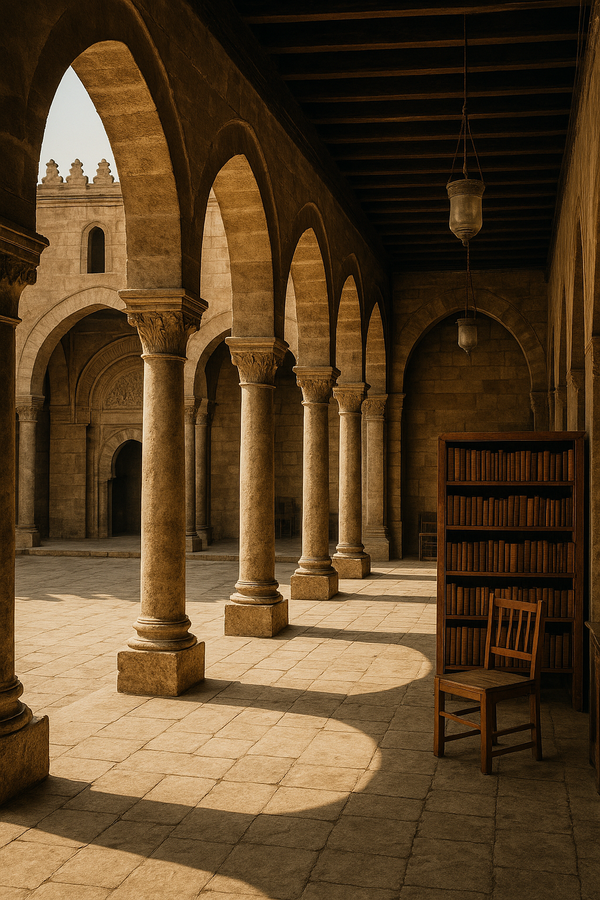
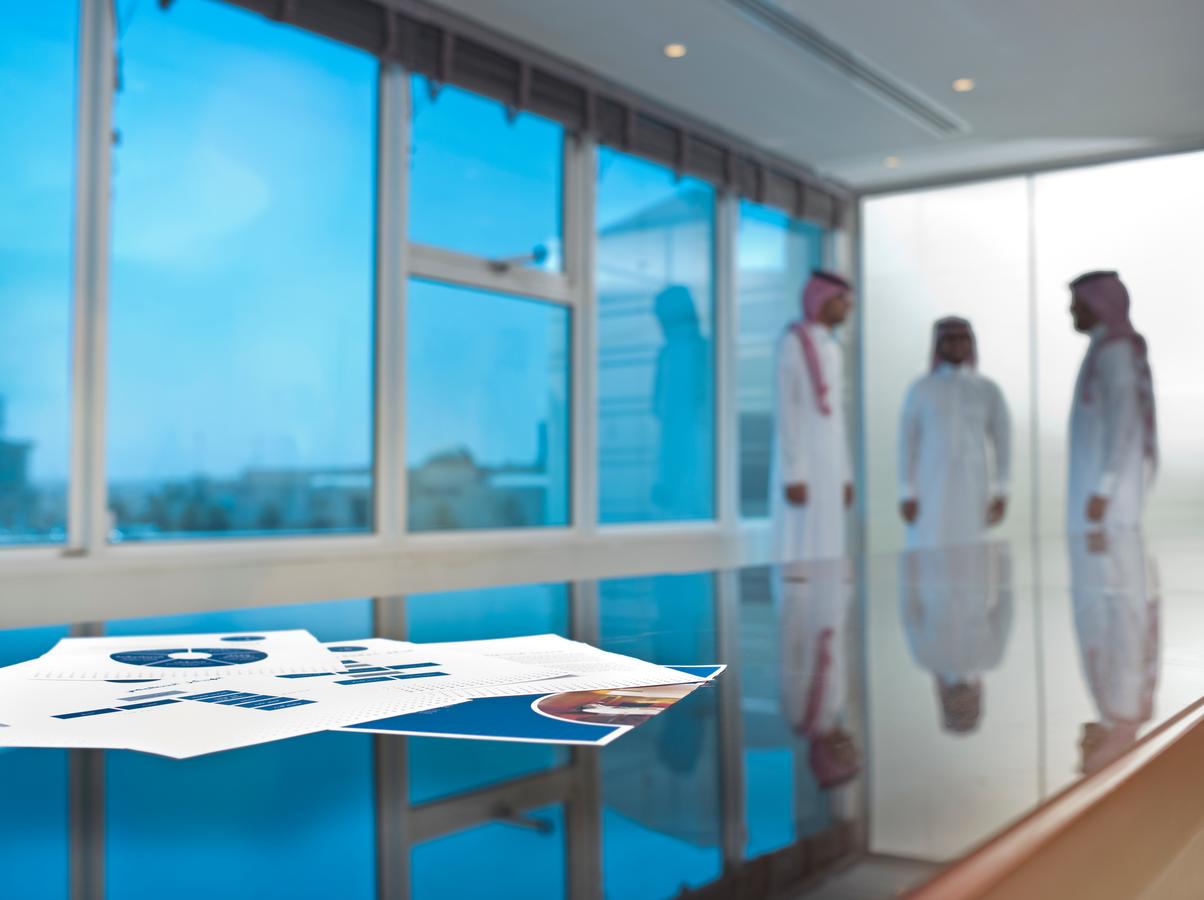
0 Comments
No comments yet. Be the first to comment!